A persistent stereotype about Gen Z is that they are disengaged from and mistrustful of traditional politics, but judging by events over recent weeks, nothing could be further from the truth.
Media broadcasts have shown images of young people spearheading protests in the streets of Kathmandu, Nepal; Jakarta, Indonesia; Rabat, Morocco; and Antananarivo, Madagascar.
Three people were killed in anti-government protests across Morocco, the interior ministry said Thursday. The ministry said the three were shot and killed during an attempt to seize police weapons, though no witnesses could corroborate the report.
The protests have taken the North African nation by surprise and emerged as some of Morocco’s biggest in years. By midweek, they appeared to be spreading to new locations despite a lack of permits from authorities.
Read more
Read moreMorocco set for fresh protests after demonstrators killed
Madagascar’s protest movement began on social media under the banner “Gen Z Madagascar”, an informal group composed mainly of young people and students who claim to be “peaceful and civic-minded”. Although young people represent the overwhelming majority of the country's population – two-thirds were under 30 in 2023, according to UNICEF – Gen Z has never before taken such an active part in a political protest movement there.
"This movement is unprecedented, above all, because of its profoundly horizontal, spontaneous and decentralised nature. Unlike past mobilisations led or co-opted by political parties, unions or charismatic figures, this one arose from organic collective outrage, mainly in digital spaces, and took shape without a single leader," said Ketakandriana Rafitoson, professor of political science at the Université Catholique de Madagascar and vice chair of the NGO Transparency International.
“This gives it new symbolic power because it does not use the rationale of seizing power, but has an existential imperative: that of demanding a liveable future,” she said.
A common digital culture
Very much at home in the digital world, Gen Z has managed to mobilise a large part of the population in several countries using hashtags, AI-enhanced images, fast-paced videos – along with a healthy dose of sarcasm. After Madagascar’s President Andry Rajoelina sacked his government on Monday, he suggested he would select candidates for a new cabinet using LinkedIn – a proposal that was widely mocked by young internet users.

This social unrest, driven by tech savvy youngsters rebelling against inequality, can be seen as part of a broad movement that has already affected several Asian countries in recent months, including Nepal in early September, where the government was toppled in a matter of days. The Philippines, Indonesia, Bangladesh, Sri Lanka, and Kenya have all experienced similar protest movements.
In Morocco, thousands of young people active on the Discord messaging platform have been protesting since last week, mobilised by a movement that also claims to represent Gen Z.
Although unprecedented in terms of its organisation and methods of action, its demands are nevertheless in line with previous instances of social protest in the kingdom, according to Mehdi Alioua, a sociologist at Sciences Po Rabat-UIR.
“Ultimately, we see the same slogans calling for a more dignified life, better distribution of wealth, and above all, functional education and healthcare systems. These young people would like to respect the rules of a meritocracy, but they realise that the cards are stacked against them,” said Alioua.
In Madagascar, young people acknowledge the influence of Asian protesters thousands of miles away with whom they share many concerns, starting with the fight against inequality and corruption.
“The protests in Nepal were a key moment in the creation of the Gen Z Madagascar movement. Widely shared on social media, these protests in Asia played a major role in raising collective awareness in the country,” said a 26-year-old woman who did not want to named due to fears for her safety.
Madagascar: President dissolves government amid youth-led protests
To display this content from YouTube, you must enable advertisement tracking and audience measurement.
One of your browser extensions seems to be blocking the video player from loading. To watch this content, you may need to disable it on this site.
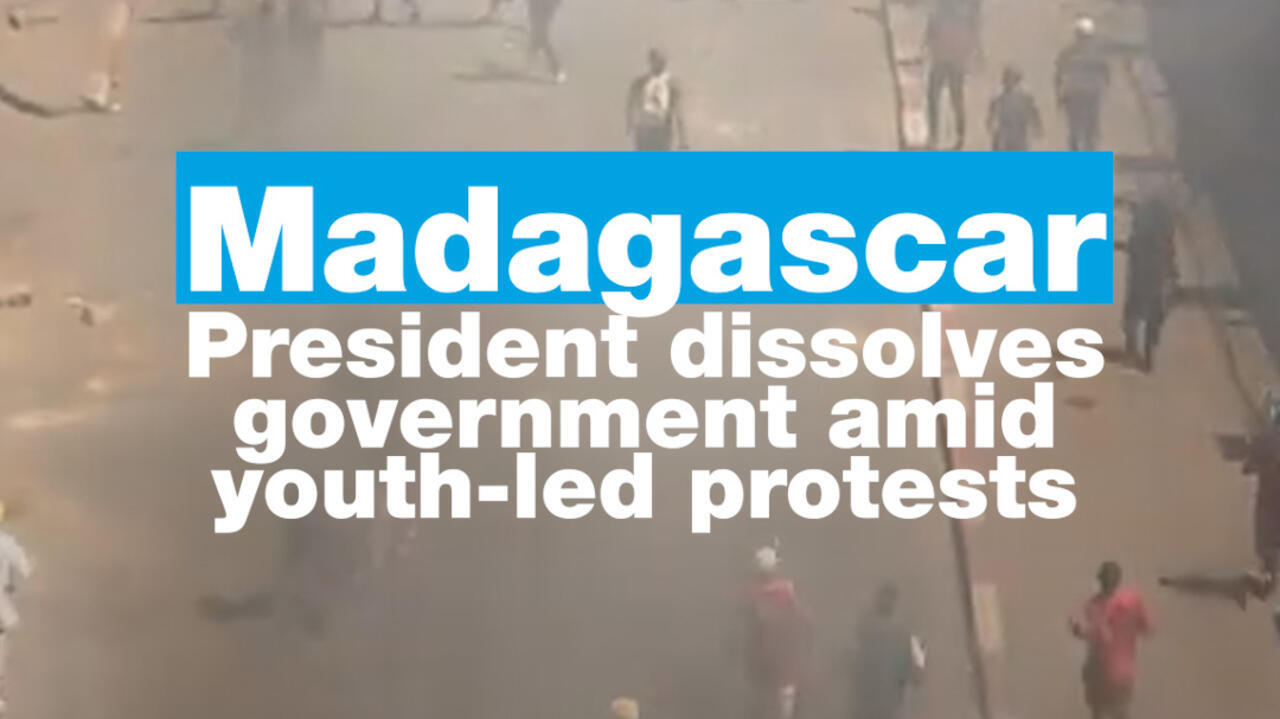
00:44
“What happened in Nepal gave the people of Madagascar hope that it was possible to overthrow the system, that young people could take control of their own destiny, and that the country's situation was not inevitable. From then on, people began to speak out, and their voices came together under the Gen Z Madagascar movement,” she added.
A pirate flag from the Japanese manga series "One Piece" became a symbol of resistance for young people during protests in Indonesia and Nepal. In Madagascar, protesters are using a modified version of the flag where the skull-and-crossbones symbol sports traditional Malagasy headwear instead of a straw hat.
Read moreMass protests and strikes grip Madagascar amid calls for president to resign
‘A turning point’
Protesters in Morocco and Madagascar are less focused than their counterparts in Asia on tracking the conspicuous consumption of “nepo kids” – children of the wealthy who flaunt their lavish lifestyles on the internet.
But in both Morocco and Madagascar, the anti-government movement is intent on exposing wealth inequalities between the ruling class and the average citizen.
Among the most viewed pages on the Malagasy internet are images of the eldest member of the Rajoelina family, who graduated from a Swiss hotel school costing €150,000 per year, while two-thirds of Madagascar's population live on less than two dollars a day.

Wasteful public spending is a common theme motivating the young protesters. In Madagascar, the costly Antananarivo cable car – one of the government's key infrastructure projects, but which has been deemed completely unsuited to the needs of the population – has galvanised the youth.
In Morocco, protesters are focusing on the huge sums spent on renovating several football stadiums for the upcoming Africa Cup of Nations and the 2030 World Cup, funds that could have gone to public services such as education and healthcare.
“There is an interconnection among Gen Z, particularly in countries in the Global South, whose elders led the revolution for decolonisation. But today, there is a generational divide because these young people feel that the promises of an independent nation with functioning institutions have not been fully kept,” noted Alioua.
Morocco rocked by violent clashes as youths protest health, education system
To display this content from YouTube, you must enable advertisement tracking and audience measurement.
One of your browser extensions seems to be blocking the video player from loading. To watch this content, you may need to disable it on this site.
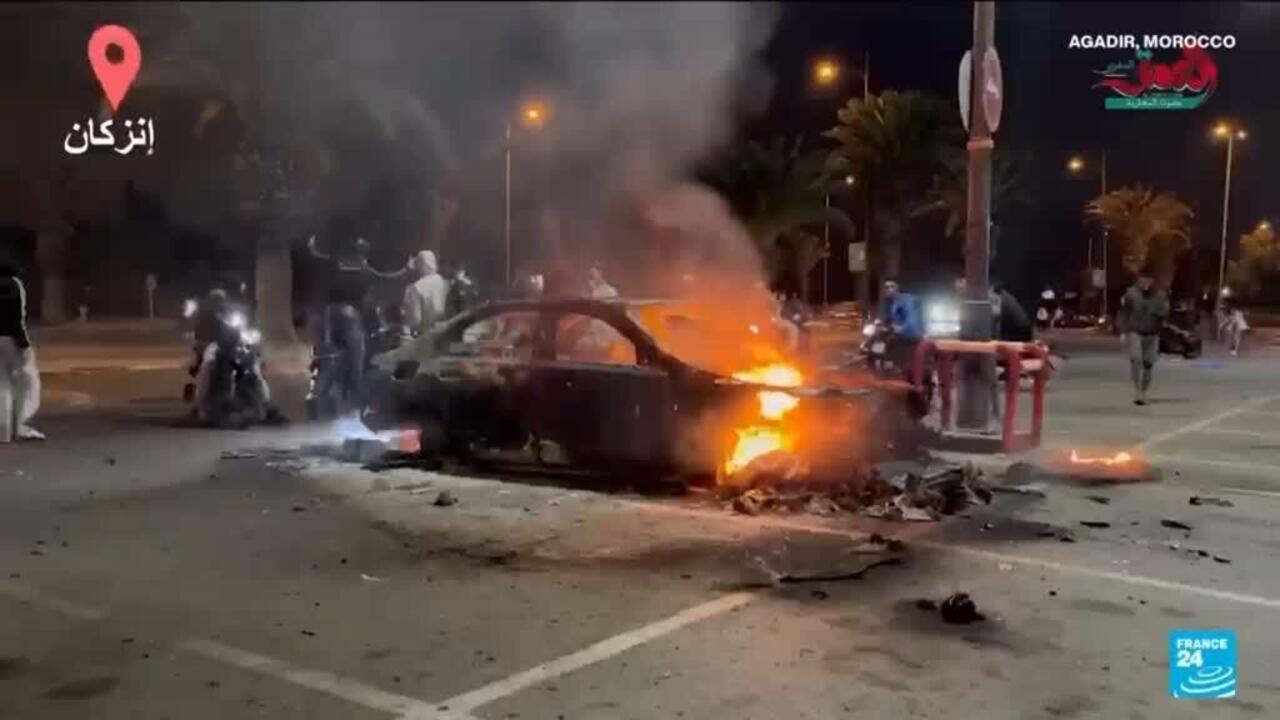
01:31
“The similarities between all these movements are striking, both in terms of their demands and their methods of action, with viral campaigns, simple and inclusive slogans, and a rejection of traditional hierarchies. In all these countries, young people are acting as a barometer of a deep crisis in the state,” says Rafitoson.
Creative, daring and versatile, these Gen Z movements remain vulnerable to fragmentation and political exploitation. Can they move from expressing their collective anger to developing a real strategy? And can they avoid being assimilated into traditional political parties?
Gen Z: How social media fuel this generation's global revolt
To display this content from YouTube, you must enable advertisement tracking and audience measurement.
One of your browser extensions seems to be blocking the video player from loading. To watch this content, you may need to disable it on this site.
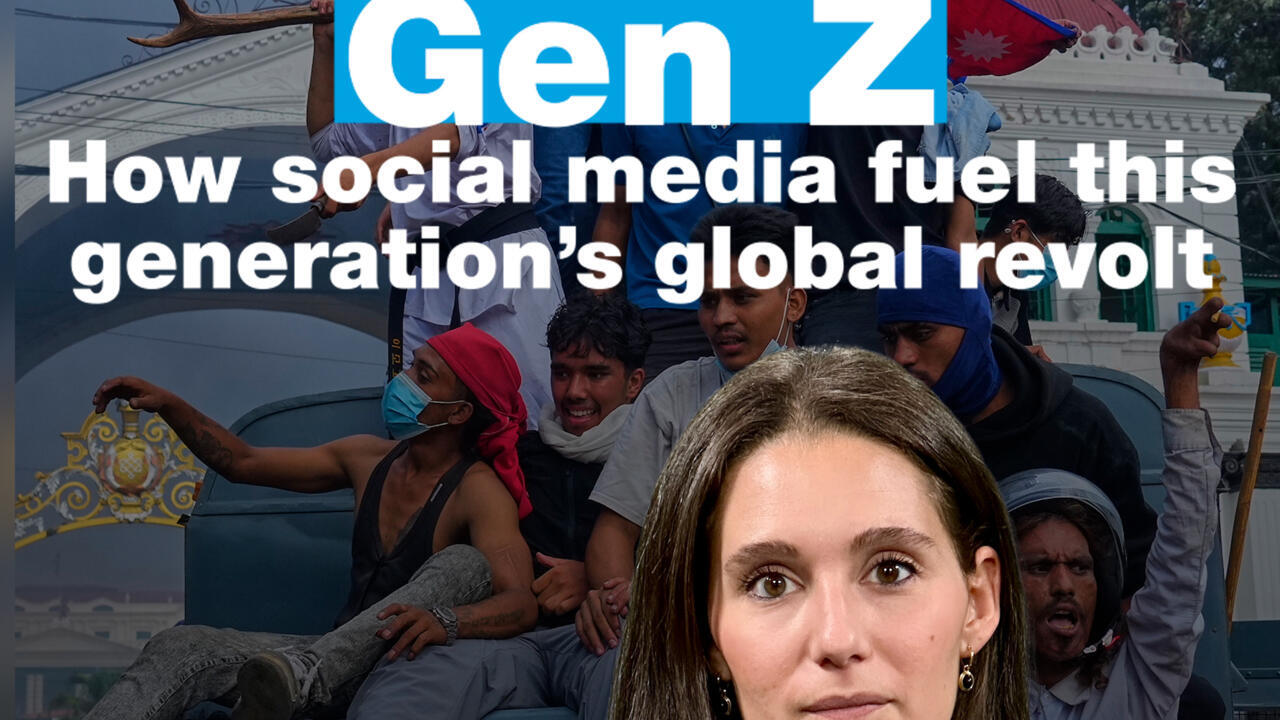
02:18
Despite these uncertainties, youth movements have already demonstrated their ability to bring about change by bringing down governments, although the social challenges remain daunting.
“Gen Z may not yet have a formalised political agenda. But it has already changed the terms of the debate with the idea that it is no longer a question of surviving in a failing system, but of radically transforming it,” said Rafitoson. "This is not a passing revolt, but a profound generational change that is under way. We may be living through a turning point today across the globe."
This article was adapted from the original in French by David Howley.





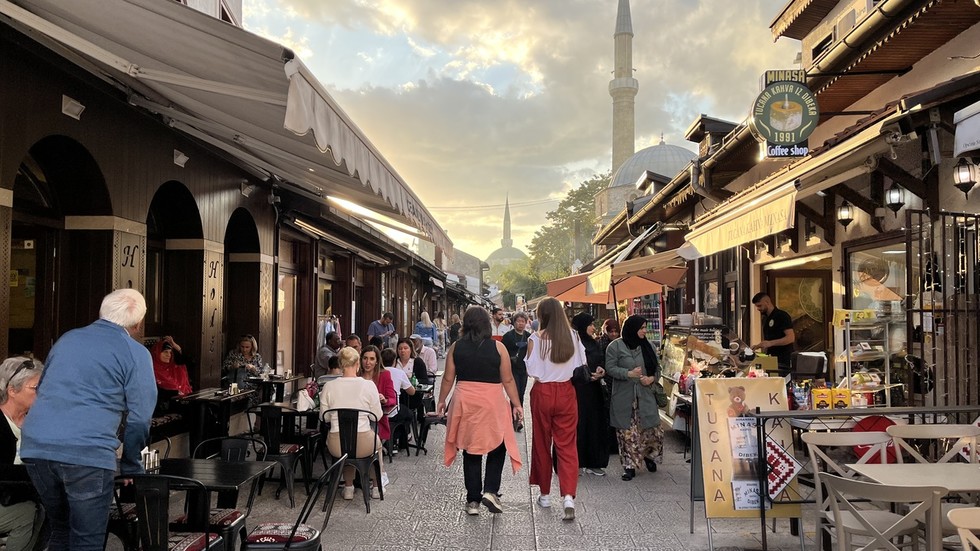


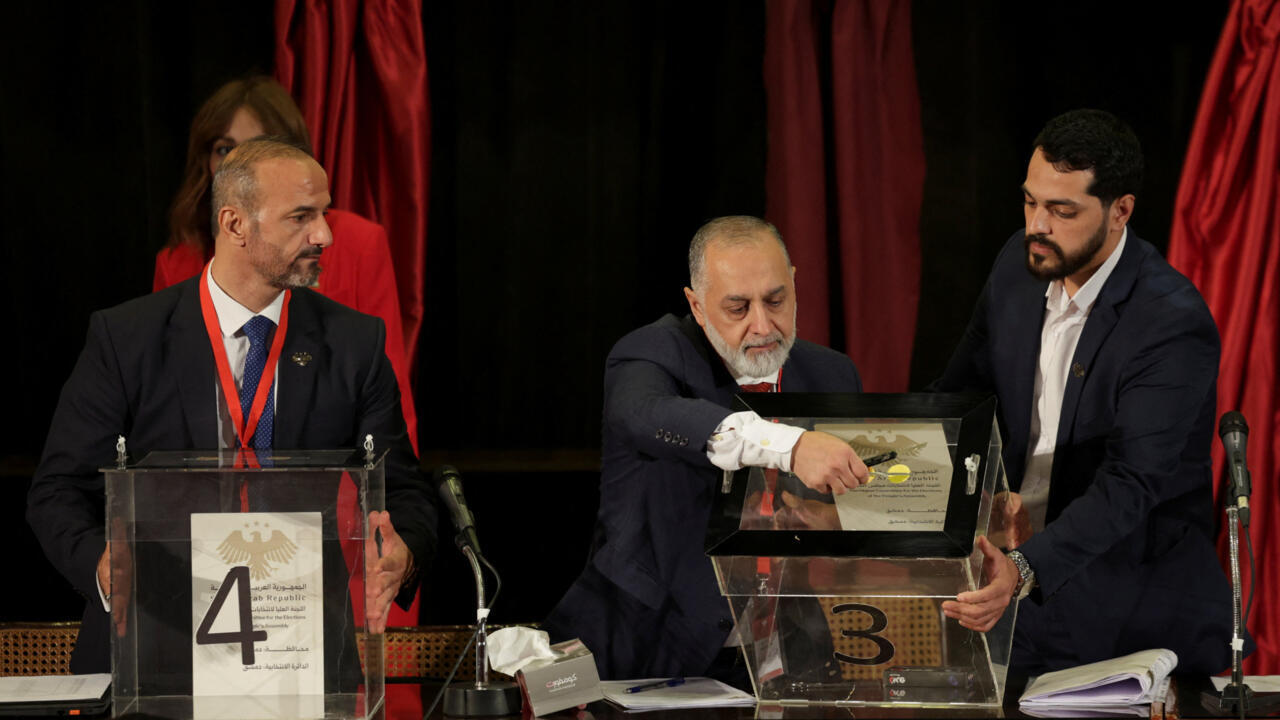
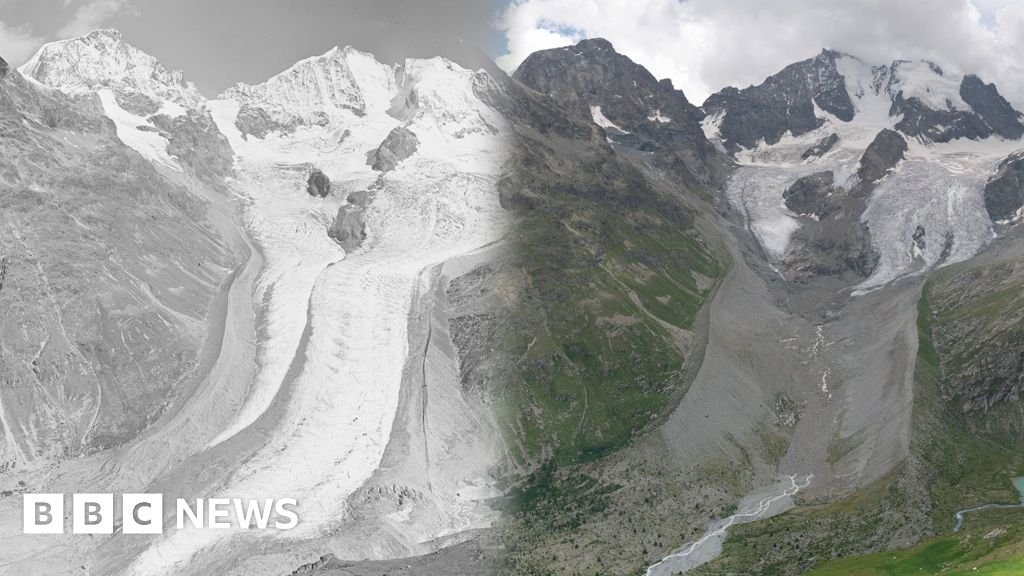

 English (US) ·
English (US) ·